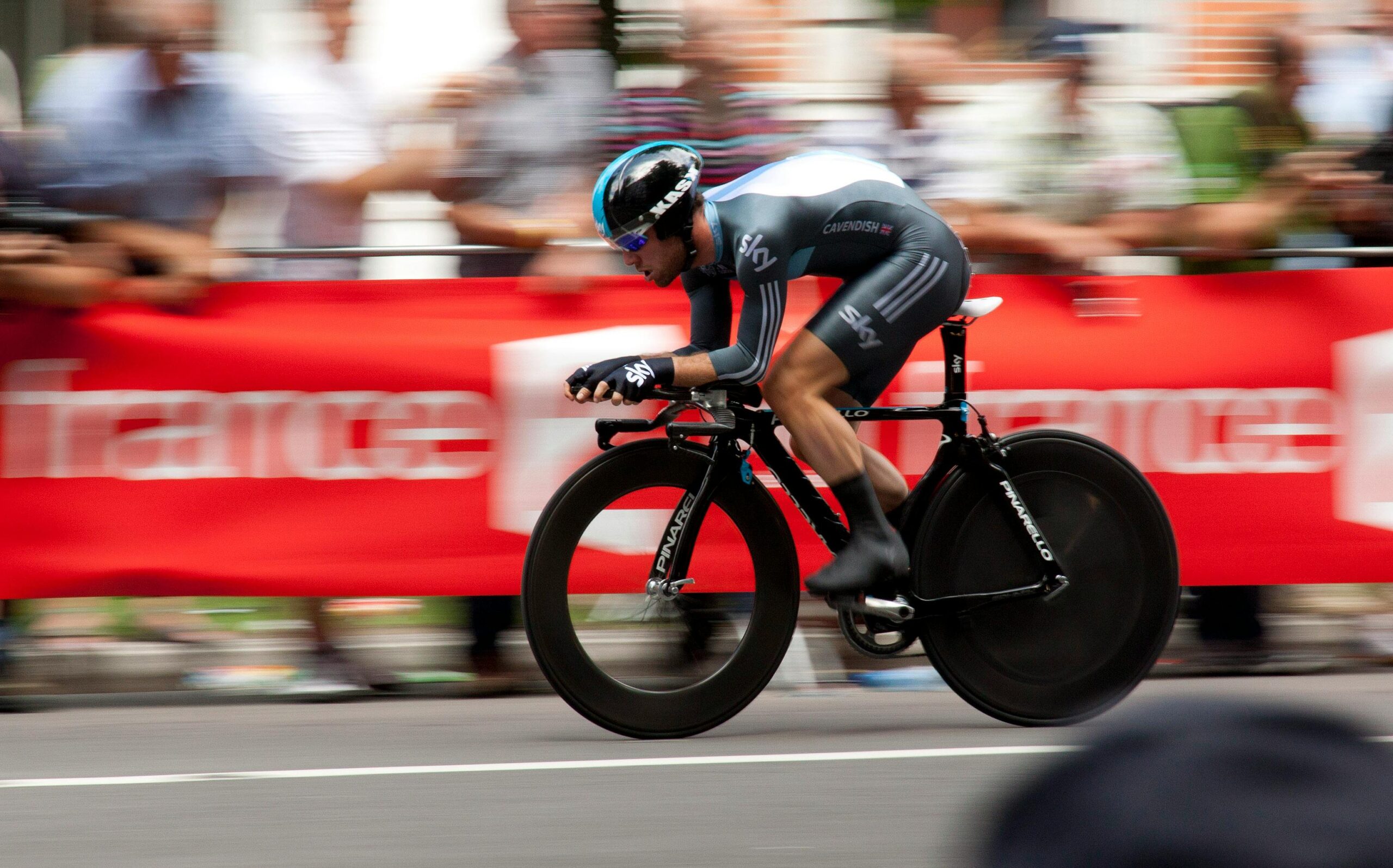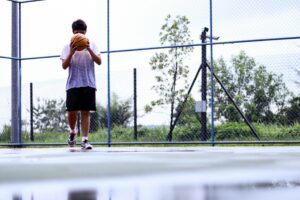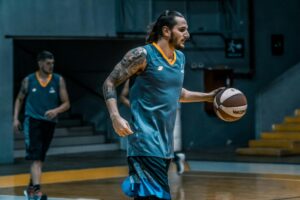In sports, physical skills are crucial, but mental toughness often separates the good from the great. Developing resilience, focus, and a positive mindset can significantly impact an athlete’s performance. Mental toughness refers to the ability to stay focused, confident, and resilient under pressure. It’s about pushing through when things seem to get impossible, maintaining composure, and staying committed. Here are some strategies athletes can use to develop mental toughness.
Visualization: Picturing Success
Visualization is a powerful tool. Picture yourself succeeding in your sport. If you play basketball, imagine bringing the ball up the court, doing the move that you trained hours to perfect, and taking the ball to the rim for two points. Visualize the process and the outcome—this helps build confidence and prepares your mind for the actual performance itself. Spend a few minutes each day imagining game scenarios and your response to them.
Mindfulness and Meditation: Staying Present
Mindfulness and meditation can improve focus and reduce anxiety. Simple techniques like deep breathing or guided meditation can help keep your mind clear and focused during high-pressure situations. Practicing mindfulness allows athletes to stay present and engaged, reducing stress and improving overall performance.
Positive Self-Talk: Building Confidence
Positive self-talk is another effective strategy. Replace negative thoughts with positive affirmations. Remind yourself of your strengths and past successes, and don’t get caught up on times when you may have come short or failed in the past. Cultivating a positive internal dialogue helps boost confidence and keeps you motivated, especially during challenging moments.
Embracing Routine: Finding Stability
Establishing a consistent routine can provide stability and confidence. Stick to regular practice schedules, pre-game rituals, and recovery routines to keep your mind and body in sync. Having a structured routine creates a sense of normalcy and control, which is particularly important in high-pressure situations.
Embracing Adversity: Learning from Failure
Adversity is part of any and every athletic journey. Embrace failure and view it as a learning opportunity rather than a setback. Analyze what went wrong and how you can improve next time without hanging your head as if this is the end of your journey. Staying present and focusing on the current moment rather than dwelling on past mistakes or worrying about future outcomes helps maintain performance and reduce stress.
Practical Tips for Building Mental Toughness
- Visualization Techniques:
- Spend 5–10 minutes daily visualizing successful performance scenarios.
- Imagine both the process and the outcome to build confidence.
- Mindfulness Practices:
- Incorporate deep breathing exercises into your daily routine.
- Use guided meditation apps to improve focus and reduce anxiety.
- Positive Self-Talk Strategies:
- Create a list of positive affirmations and repeat them regularly.
- Reflect on past successes to build a positive mindset.
- Consistency in Routine:
- Develop and stick to pre-game rituals and recovery routines.
- Maintain a regular practice schedule to keep your mind and body aligned.
- Embracing Failure:
- Analyze mistakes objectively and identify areas for improvement.
- Use setbacks as learning opportunities to grow stronger.
The Power of Mental Toughness
Mental toughness is a crucial component of athletic success. By focusing on strategies like visualization, mindfulness, positive self-talk, and consistent routines, athletes can enhance their resilience and performance. Embracing adversity and viewing it as a learning opportunity rather than a setback is key to maintaining a positive mindset and achieving long-term success. Remember, what you put into your mind is just as important as how you train your body.
For more resources and support, visit Athletes Untapped.




